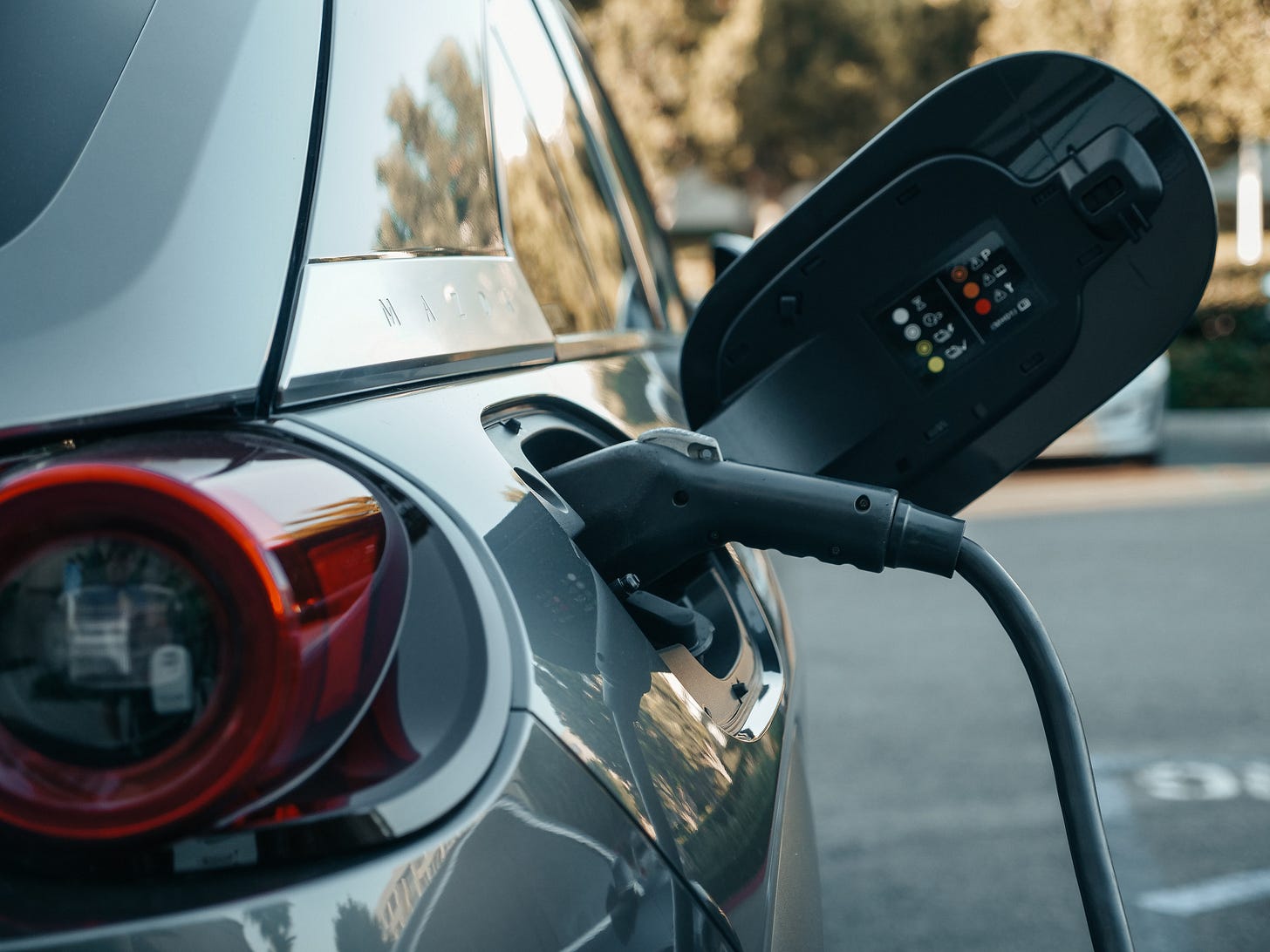Hydrogen Vehicle Development to Speed up, as EV’s Face Challenges
According to the Top Ten Tech Trends in 2023 whitepaper by Juniper Research, electric vehicles (EVs) could face significant challenges during the oncoming economic downturn that will temper their growth.
High cost, range limits and the lack of charging infrastructure are among the top concerns, hampering the transition to EVs.
Low range is a major issue, as many potential users do not regularly take trips long enough to require recharging en route, and the limited range of electric vehicles compared to internal combustion engine vehicles means there is significant range anxiety for end users.
While ranges are improving, this is generally on the more expensive models, with affordable, high-range electric vehicles proving to be very rare in practice.
Adding to these issues are slow roll-outs of charging infrastructure. While there has been significant progress on rolling out electric vehicle charging stations, this is still highly disjointed, with charging points mostly tending to be located within urban environments.
Even where deployed, charging stations are very rarely of a type sufficient to reach maximum charging speed for newer electric vehicles, the whitepaper says.
On the commercial vehicle side another issue is the difficulty in meeting commercial use cases that electric vehicles have, with mass electrification of commercial fleets being an elusive objective for now.
Electrified commercial vehicles have proven to be very high cost, only meeting certain use cases effectively to date, with range not meeting difficult requirements in this demanding sector.
Moving Beyond EVs
The Juniper report claims that alongside these challenges for electric vehicles, there has been a growing interest in hydrogen vehicles, with manufacturers starting to invest significantly, with Stellantis and BMW both making recent announcements.
Hydrogen production and hydrogen vehicle developments have been on the agenda for some time, but have been a secondary concern, far behind mass electrification.
The report predicts major manufacturers will significantly intensify their investment in, and development of, hydrogen vehicles in 2023, as a major automotive market trend, with manufacturers taking a more diversified approach to meet ambitious decarbonisation goals in the automotive market.
With the ongoing economic downturn in part being driven by a complex energy crisis, where fuel prices are rising, the move to alternative fuels will become more appealing.
The economic downturn has also been a limiting factor for electric vehicle sales, with these being expensive to purchase. Juniper Research’s recent Urban Mobility Survey of 2,000 urban commuters found that 66% of UK respondents and 61% of US respondents are discouraged from adopting electric vehicles due to their high purchase price.
With household budgets being stretched by rampant inflation, justifying the high purchase price of electric vehicles, despite the reduced fuel costs they can generate, has been a major market challenge.
This has given manufacturers and the wider market the impression that electric vehicles have to some extent failed to live up to their full potential.
Therefore, partly due to the 2023 downturn, manufacturers will be driven to invest in hydrogen now to increase scope beyond EVs to expand their revenue streams.
#EVs #JuniperResearch #Hydrogen






